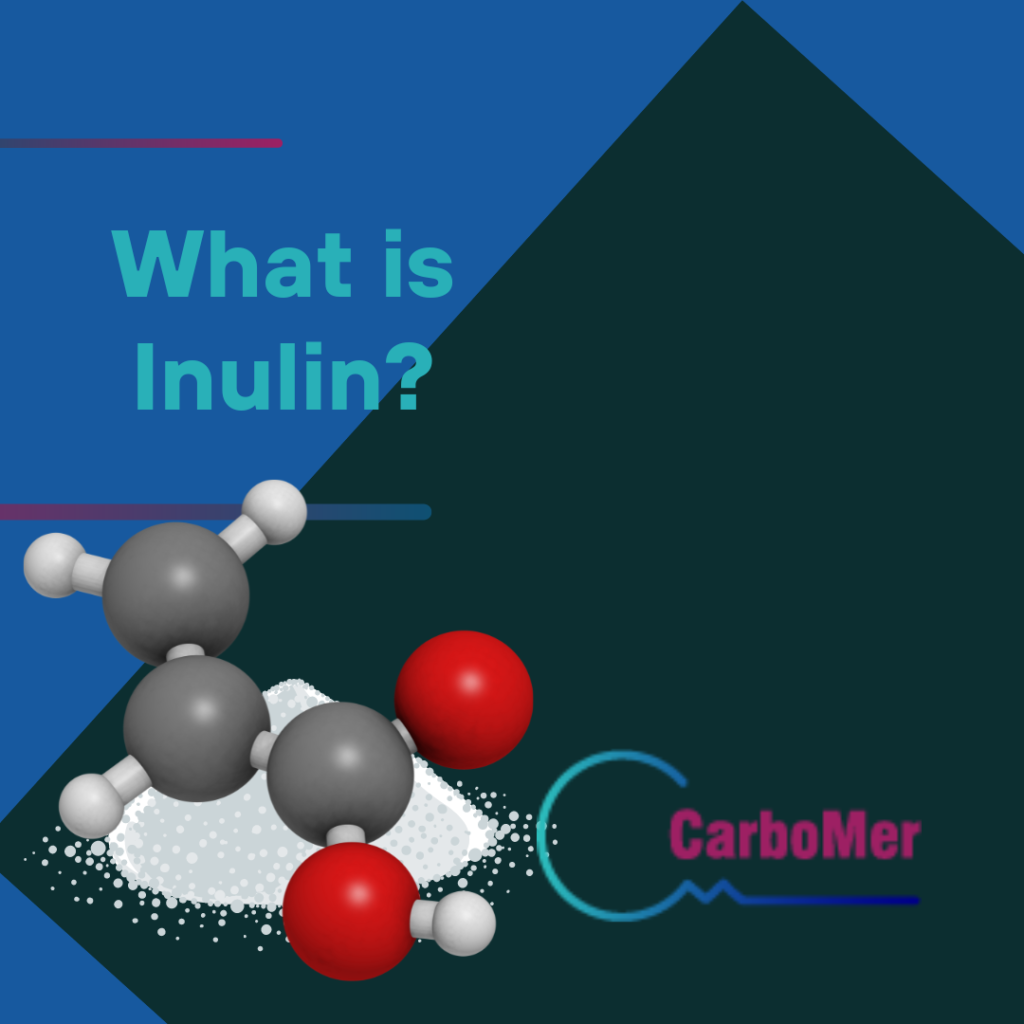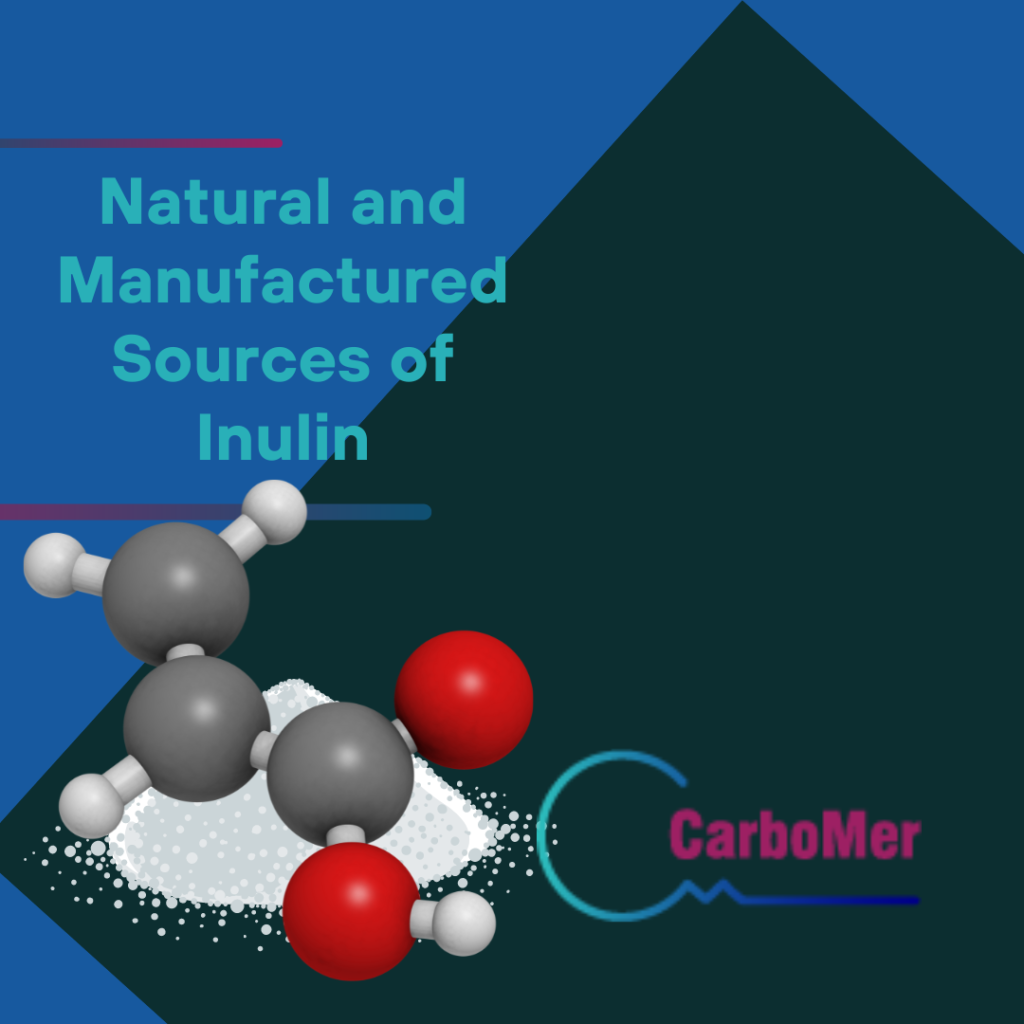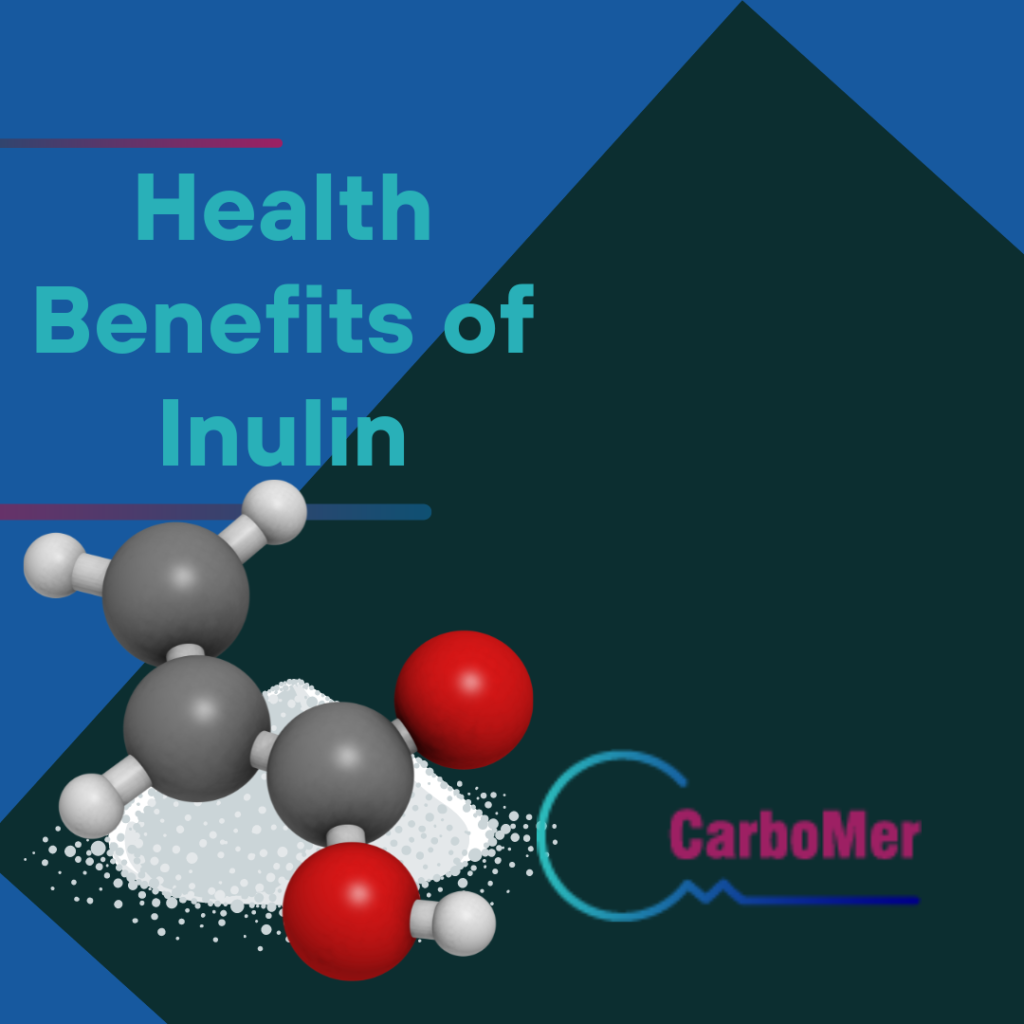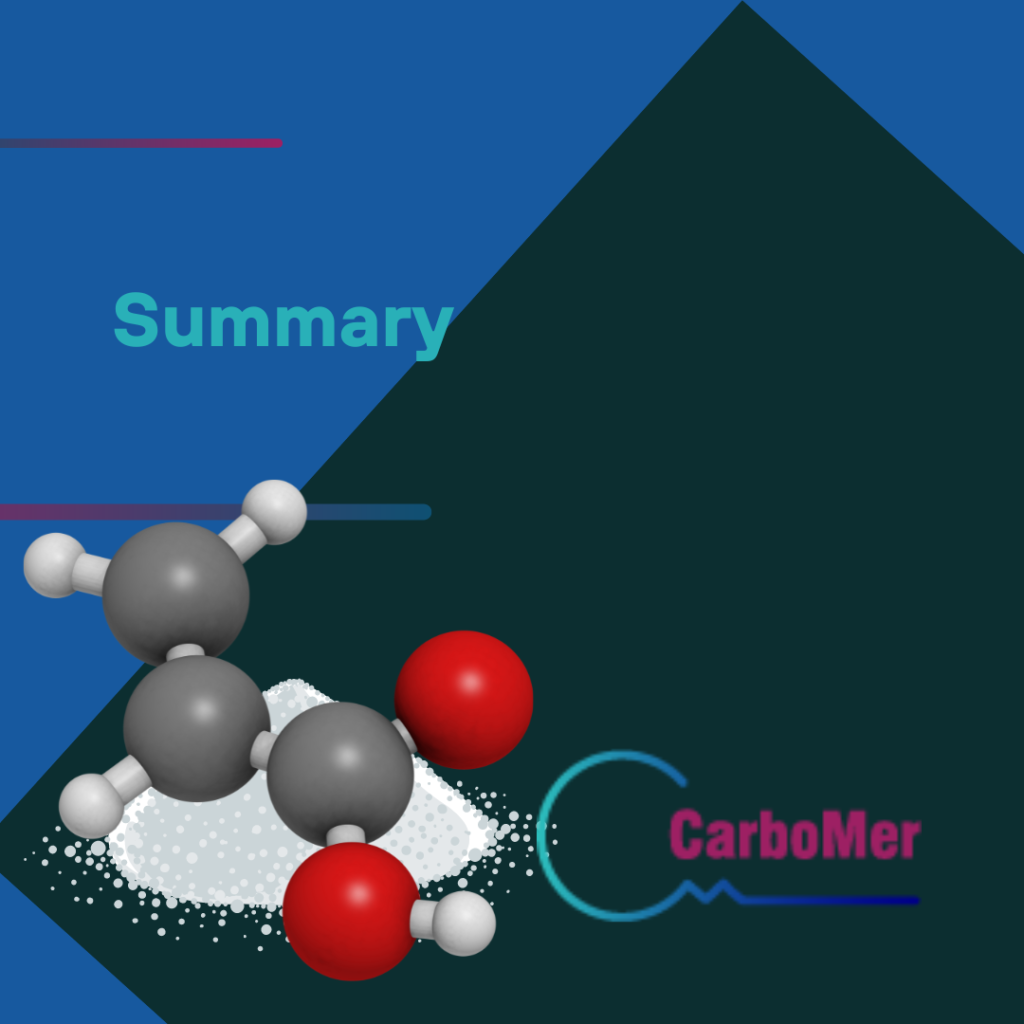What is Inulin? Health Benefits and Usage Explained
Inulin is a naturally occurring soluble fiber found in plants like chicory root and Jerusalem artichokes. As a prebiotic, it nourishes the good bacteria in your gut, promoting better digestion and overall health. In this article, we’ll delve into “What is Inulin”, its health benefits, and practical ways to include it in your diet.
Key Takeaways
- Inulin is a soluble dietary fiber that serves as a prebiotic, promoting gut health by feeding beneficial bacteria and supporting digestive health.
- It offers numerous health benefits including weight management, blood sugar regulation, enhanced mineral absorption, and immune function, making it a valuable addition to both food and pharmaceutical products.
- While generally well-tolerated, high doses of Inulin can cause digestive issues such as gas, bloating, and diarrhea, and it should be consumed in moderation with advice from healthcare professionals, especially for those with specific dietary restrictions or allergies.
Introduction
Inulin, a humble dietary fiber, has taken the health world by storm with its impressive array of benefits and uses. As a soluble fiber and a member of the Fructan family, Inulin serves as a prebiotic, feeding the good bacteria in our guts and supporting the overall microbiome—a critical aspect of our health. Its discovery over two centuries ago has led to a deeper understanding of gut health and nutrition. Some of the benefits and uses of Inulin include:
- Promoting digestive health
- Supporting weight management
- Regulating blood sugar levels
- Enhancing calcium absorption
- Boosting immune function
- Improving heart health
With all these benefits, it’s no wonder that Inulin has become such a popular ingredient in the health and wellness industry.
With its diverse applications in both food and pharmaceutical industries, Inulin stands out as a natural storage carbohydrate that not only provides energy reserves for plants but also offers significant advantages for human health, especially when compared to processed foods.

What is Inulin?
Diving deeper into the essence of Inulin , it is a plant-derived storage polysaccharide that functions primarily as a prebiotic. This means it encourages the growth and activity of beneficial gut bacteria, which are integral to maintaining a healthy digestive system. Chicory Inulin, one of the most prevalent forms, can be found in various Inulin supplements and Inulin-containing foods.
While our bodies cannot digest Inulin, it travels to the bowel intact, fostering a thriving environment for gut health. The effects of Inulin on the human body are far-reaching, influencing everything from digestive health to insulin resistance and even contributing to the production of short-chain fatty acids, which are important for colon health.

Natural and Manufactured Sources of Inulin
Inulin’s versatility is reflected in its abundant presence in nature and its incorporation into manufactured products. From the roots of chicory to the convenience of Inulin powder, this fiber can be accessed through a variety of channels.
But where exactly can we find these sources of Inulin?
Natural Sources
Naturally occurring Inulin can be found in a myriad of plants, where it plays the role of an energy reserve. Chicory root is the star when it comes to Inulin extraction, boasting a high concentration of about 41.6 grams per 100 grams. This makes chicory root a popular choice for those seeking to enhance their gut health Inulin naturally.
Other notable natural sources include Jerusalem artichokes, which provide a substantial amount of Inulin per serving, and dandelion greens, which are not only rich in Inulin but also other health-promoting nutrients. Inulin’s presence is not limited to these sources; it also graces our plates in the form of common foods like wheat, onions, bananas, leeks, artichokes, and asparagus.
Manufactured Sources
Beyond its natural state, Inulin also finds its way into our diets through manufactured sources. Inulin supplements, extracted from chicory root, agave, and Jerusalem artichokes, are widely available in capsule, powder, and chewable forms. The manufacturing process typically involves water diffusion and several purification steps, although innovative methods using enzymes, ultrasounds, and microwaves are emerging as more energy-efficient alternatives. These supplements are particularly helpful for those who may not get enough Inulin through their diets alone.
However, it’s important to note that the Food and Drug Administration (FDA) does not regulate these supplements as strictly as prescription drugs, so quality and efficacy can vary between products.

Health Benefits of Inulin
Inulin’s claim to fame lies in the numerous health benefits it provides. From the depths of our digestive system to the regulation of blood sugar and beyond, Inulin’s influence on our health is profound and multifaceted.
Promotes Digestive Health
As a soluble fiber, Inulin boasts a prebiotic effect that is essential for nurturing our intestinal microbiota. By passing undigested into the bowel, it acts as a food source for beneficial bacteria, such as Bifidobacteria and Lactobacilli, that reside there. This not only helps to maintain a balanced gut microbiome but also contributes to improved stool consistency and increased gastrointestinal tolerance. Such effects are particularly beneficial for individuals with chronic constipation or those suffering from conditions like inflammatory bowel disease (IBD).
The fostering of good gut bacteria can lead to an overall reduction in digestive discomfort and may even play a role in enhancing heart health.
Controls Blood Sugar
Inulin’s ability to control blood sugar is a boon for individuals with diabetes or prediabetes. By slowing digestion, Inulin ensures a gradual release of sugar into the bloodstream, preventing spikes that can be detrimental to those with insulin resistance. Studies have shown that high-performance (HP) Inulin, in particular, can significantly improve blood sugar control, making it a valuable component in managing diabetes.
However, those taking Inulin alongside diabetes medications should be vigilant, as it has the potential to lower blood sugar levels and may require adjustments to medication dosages.
Supports Weight Management
Inulin’s role in weight management is linked to its ability to promote feelings of fullness. By increasing satiety, Inulin can lead to a reduction in energy intake, thereby aiding in weight control. Clinical trials have demonstrated that oligofructose-enriched Inulin can make individuals feel fuller and reduce food consumption.
While research continues to explore the full extent of Inulin’s effectiveness in this area, these findings suggest that Inulin may be a useful tool for those looking to maintain a healthy body weight.
Enhances Mineral Absorption
One of Inulin’s lesser-known, but equally important benefits is its ability to enhance mineral absorption. By facilitating the uptake of minerals such as calcium and magnesium, Inulin contributes to bone health and may help prevent conditions like osteoporosis. The FDA recognizes Inulin and Inulin-type Fructans for their ability to improve calcium absorption and support bone calcium retention, making them approved added fibers for this specific health claim.
Potential Cancer Prevention
The potential role of Inulin in cancer prevention, particularly colon cancer, is an area of growing interest. The fermentation of Inulin in the colon produces short-chain fatty acids, which have been proposed to have protective effects against the development of cancer in the large intestine. While the evidence is not yet conclusive, and more studies are needed to make strong health claims, the possibility that Inulin could contribute to reduced colon cancer risk is a promising avenue for future research.

Side Effects and Precautions
While Inulin offers a host of benefits, it is not without its potential drawbacks. Understanding the side effects and precautions associated with Inulin is crucial for those considering its use.
Common Side Effects
Inulin is generally well-tolerated, but some individuals may experience side effects such as gas, bloating, or loose stools, particularly when consumed in large quantities. These effects are typically mild and can be mitigated by gradually increasing Inulin intake to allow the body to adjust.
However, at higher doses exceeding 30 grams, more severe symptoms like diarrhea and cramps can occur, highlighting the importance of moderation when incorporating Inulin into your diet.
Special Considerations
Certain populations should exercise special caution when it comes to Inulin. Those who are intolerant to FODMAPs(fermentable oligosaccharides, disaccharides, monosaccharides and polyols) may find that Inulin exacerbates digestive discomfort due to its fermentable nature. Similarly, individuals with allergies to chicory root should avoid Inulin to prevent allergic reactions.
Pregnant and breastfeeding women should also consult their healthcare provider before taking Inulin supplements, as they should only consume amounts found in food unless advised otherwise. It’s always wise to speak with a healthcare professional before beginning any supplement regimen, especially since the FDA’s oversight of Inulin supplements is limited.

How to Incorporate Inulin into Your Diet
Incorporating Inulin into your diet can be as simple as choosing the right foods or as targeted as selecting a quality supplement.
Here’s how to ensure you’re getting the benefits of this powerful prebiotic.
Food Sources
If you’re looking to increase your Inulin intake through food, there are plenty of Inulin-rich options to choose from. Some examples include:
- Chicory roots
- Jerusalem artichokes
- Leeks
- Onions
- Garlic
- Asparagus
- Wheat bran
These vegetables and natural sources are excellent sources of Inulin and can contribute to your daily intake.
Even bananas, while containing less Inulin, offer this beneficial fiber alongside vital nutrients like vitamin C and potassium.
Inulin Supplements
For those who may struggle to consume enough Inulin through food alone, supplements can be a convenient alternative. When selecting an Inulin supplement, it’s crucial to choose products that have undergone third-party testing to ensure quality and purity.
Starting with a lower dose of around 2-3 grams per day and gradually increasing to a target range of 5-10 grams can help minimize the risk of side effects. Always consult with a healthcare provider, registered dietitian nutritionist, or pharmacist before starting any new supplement to ensure it aligns with your health needs and goals.

Future Research and Clinical Studies
The horizon of Inulin research is ever-expanding, with new studies delving into its myriad of health impacts. One particularly intriguing area of research is the role of Inulin in migraine prevention. A randomized clinical trial is currently underway to explore the effects of high-performance inulin supplementation on women with migraines, aiming to assess changes in headache frequency.
With recruitment for the controlled randomized clinical trials having begun in 2023, the results of these randomized controlled trials may shed light on yet another potential benefit of this versatile soluble dietary fiber.

Summary
In summary, Inulin is a multifaceted dietary fiber that offers a wide range of health benefits, from improving digestive health and controlling blood sugar to supporting weight management and enhancing mineral absorption. While Inulin can be a valuable addition to a healthy diet, it’s important to be aware of potential side effects and to consult a healthcare professional before starting any supplement regimen. As research into inulin continues to evolve, we may discover even more ways in which this natural substance can contribute to our well-being.

Frequently Asked Questions
What is inulin and where does it come from?
Inulin is a natural prebiotic found in many plants and is commonly extracted from chicory root for commercial use. It also occurs naturally in foods like Jerusalem artichokes, onions, and garlic.
Can inulin help with weight loss?
Yes, Inulin may help with weight loss by increasing feelings of fullness, leading to reduced calorie intake. It’s important to incorporate it into a healthy diet and lifestyle for the best results.
Are there any side effects associated with inulin?
Yes, Inulin can cause side effects such as gas, bloating, and loose stools, particularly when consumed in large amounts. It’s important to gradually increase inulin intake to minimize these effects.
How much inulin should I take daily?
Start with 2-3 grams of Inulin per day and gradually increase to a daily target of 5-10 grams, but consult a healthcare provider for personalized advice.
Is inulin safe for everyone to consume?
Inulin is generally safe for most people, but it’s important to consult a healthcare provider before taking supplements if you have FODMAP intolerance, chicory root allergies, or if you are pregnant or breastfeeding.

